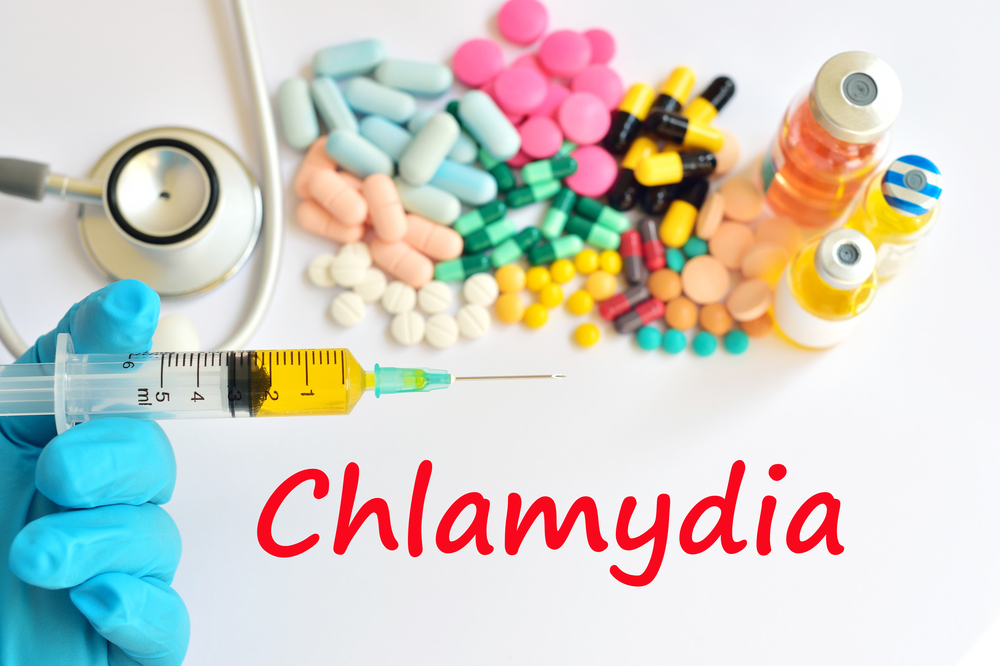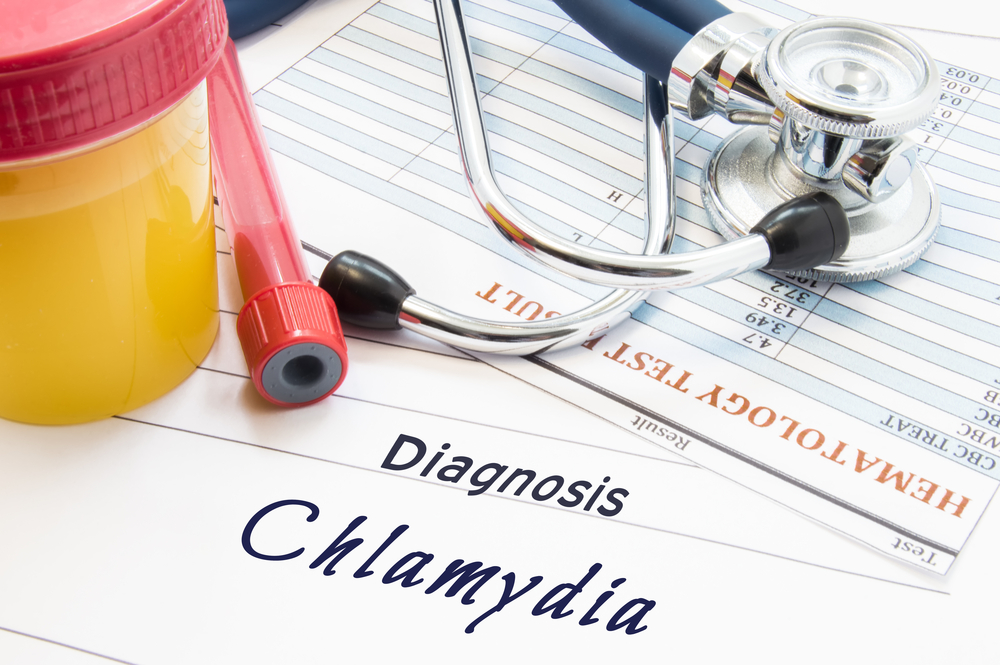Caused by the bacterium called Chlamydia trachomatis, Chlamydia is one of the most common sexually transmitted infections today. It can strike men and women, both young and old, and can trigger different minor and major complications that can be life-threatening if not treated as soon as possible.
Who is at great risk of contracting the Chlamydia infection?
No one is safe from Chlamydia. The moment you have sex, you automatically become vulnerable to the infection and several other sexually-transmitted diseases around. However, there are certain groups of people that are more likely to get struck by it than others. If you fall into any of the following categories, you have to be extra careful:
- If you started being sexually active at a young age, particularly during your teenage years
- If you have multiple sex partners
- If you do not use condoms, dams, and other barriers when having sex
- If you have a history of other sexually transmitted diseases
How is Chlamydia transmitted from one person to another?
There are different ways to pass on the Chlamydia bacteria from an infected individual to others. The following are the most  common ways of Chlamydia transmission:
common ways of Chlamydia transmission:
- Vaginal sex with a woman who is infected with Chlamydia
- Oral sex with a man or a woman who has Chlamydia
- Anal sex with an infected man
- An infected mother to her child during vaginal birth
What Chlamydia signs and symptoms should you watch out for?
A lot of Chlamydia cases are asymptomatic, which means that they do not exhibit noticeable signs and symptoms. If this happens to you, you will not know that you have been infected by this harmful disease until you undergo a Chlamydia test. You will go on with your usual day-to-day routine, not aware that some damaging bacteria have found their way into your body and are silently wreaking havoc to your male reproductive system.
But, if the signs and symptoms do appear, they can bring about different kinds of pains and discomforts. The following are the most common Chlamydia warning signs that you should be wary of:
- There is a burning or painful sensation when you are urinating.
- You experience pains around the lower section of your abdomen.
- There is an odd discharge that comes out of your penis.
- You feel pain sensations in your testicular region.
- Your testicles are swollen or inflamed.
- You get feverish.
- There is bleeding or unusual discharge coming out of your rectum.
- You experience rectal pain.
What should you do to detect Chlamydia before it is too late?
Chlamydia can do a lot of harm and damage to your sexual health if it is not diagnosed and treated at the earliest possible moment. As a sexually-active adult, you should be proactive in taking good care of your sexual health and wellbeing to not put yourself and your sex partner in such a precarious situation. It is of utmost importance that you undergo Chlamydia testing or screening to accurately detect and diagnose the infection.
There are a few different Chlamydia testing methods available these days. They are easy to do, and can provide precise and reliable results fast. They are the:
Urine test
If you undergo a urine test for Chlamydia detection, you will be asked to submit a sample of your urine to the laboratory. The specimen is then analyzed and examined to find the existence of the Chlamydia bacteria in your bodily fluid.
Swab test
If you go through a swab test for Chlamydia detection, your doctor will insert a slim swab into your penis to acquire a sample from your urethra. Sometimes, he or she may take the sample by inserting the tool in your anus too. The specimen is then studied for any traces of the Chlamydia bacteria.
What should you do if you get a positive result on your Chlamydia screening?
If, unfortunately, you receive a positive test result on your Chlamydia screening, you have to be ready to start your Chlamydia treatment right away. Your doctor will prescribe you a medication that is appropriate to your situation. Usually, medical professionals give their patients oral antibiotics for the Chlamydia infection.

Throughout the week or so of your treatment, the Chlamydia signs and symptoms should start to disappear. The bacteria should also be eradicated by the end. However, you are not advised to engage in any sexual activity right away. Your doctor may recommend that you wait until you have used all of your antibiotic medication.
Your doctor may also advise you to get your sex partners to undergo Chlamydia testing, as well. There is a good chance that you got the infection from them, and they might not know it. Failure to do so puts you in danger of re-infection and spreading the disease to more people.
What should you do if you get a negative result on your test for Chlamydia?
Receiving a negative test result for Chlamydia is good news. You should breathe a sigh of relief, and stop worrying. However, you should be more cautious going forward to not experience a Chlamydia scare ever again. Make sure to observe the following precautionary and prevention measures to be Chlamydia-free:
- You should use condoms every time you engage in sexual activities, whether oral, vaginal, or anal. While it does not guarantee 100% protection, it significantly lowers your risk of contracting the infection.
- You should get a Chlamydia test on a regular basis. It is especially essential if you have multiple sex partners. It should be a priority every time you start a new sexual relationship.



